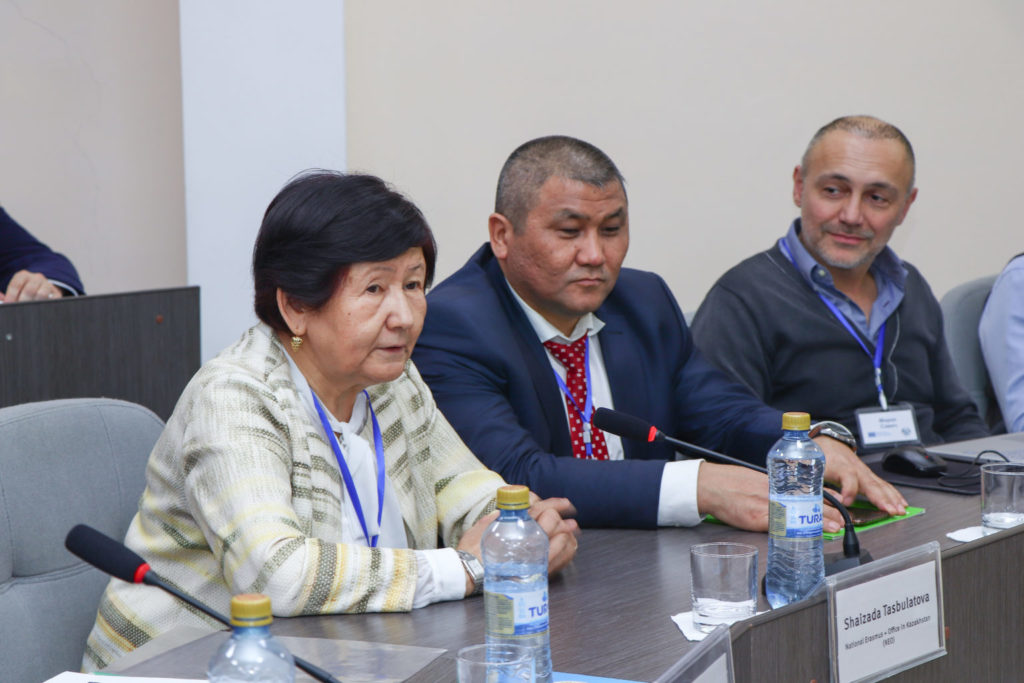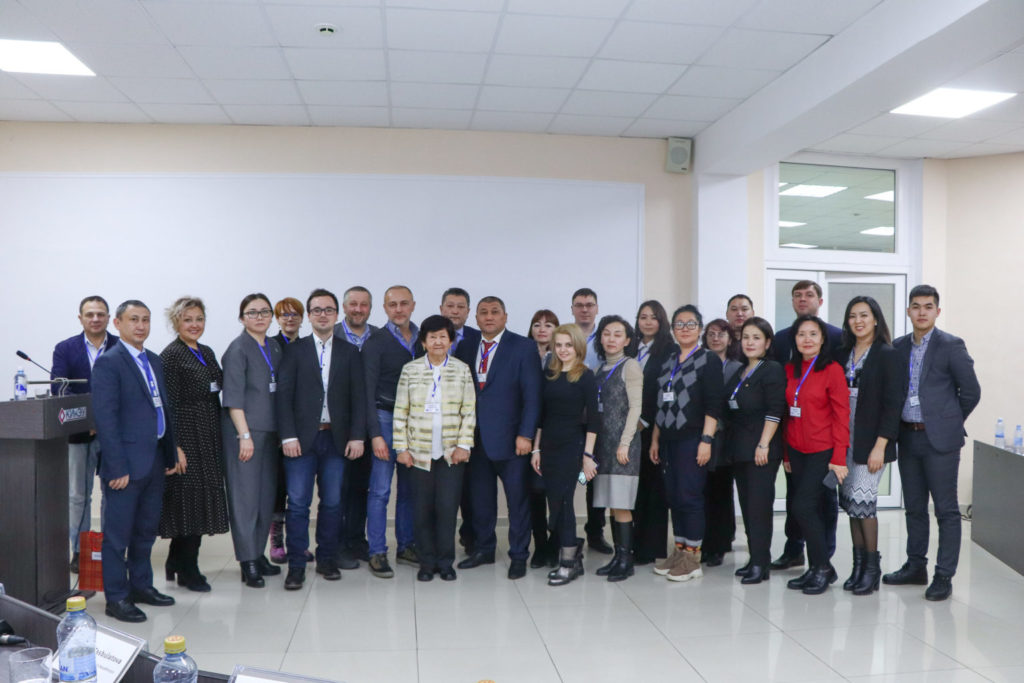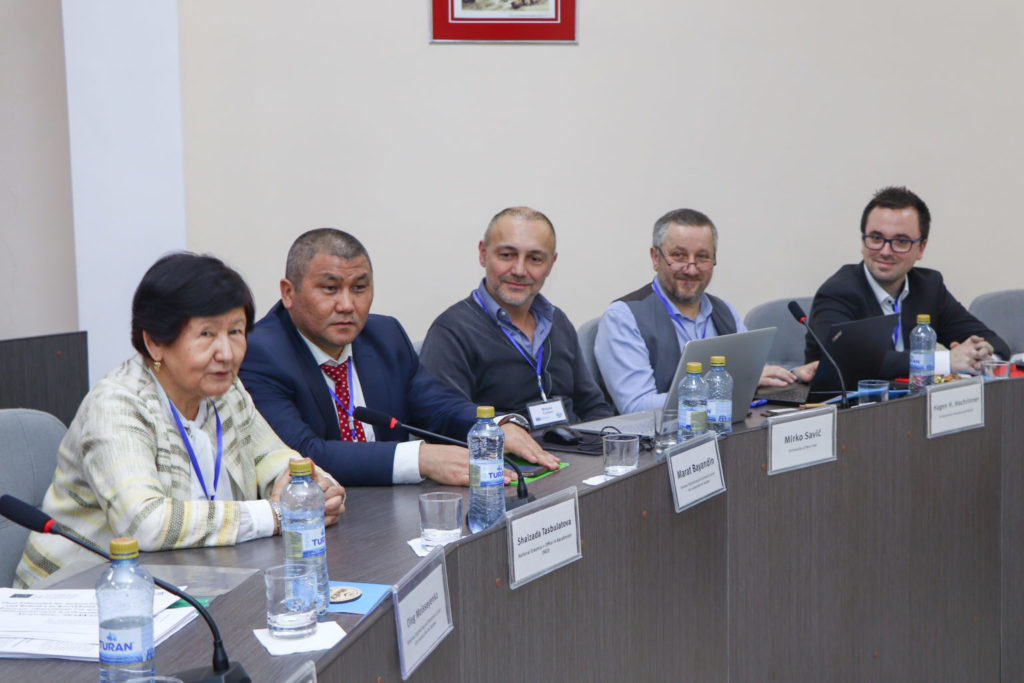On February 4th and 5th, 2020, on the basis of KEnEU, the kick-off meeting of the Erasmus + project “Dual education for industrial automation and robotics in Kazakhstan / DIARKAZ” took place. On February 6th, Director of the Erasmus + National Office in Kazakhstan Tasbulatova Sh.U., carried out preventive monitoring of the project.

The dual system is a special form of training qualified employees based on close interaction between enterprises and educational institutions. The basis of training in the dual education system is a combination of theoretical training on the basis of professional educational organizations and obtaining practical skills directly at the enterprise.
The whole consortium of the project took part in the work: representatives of the University of Novi Sad (Serbia, grant holder of the project), FH Joanneum Gesellschaft M.B.H. (Austria), Duale Hochschule Baden-Württemberg (Germany), Kostanay Engineering and Economics University named after M. Dulatov (country project coordinator), Innovative Eurasian University, West Kazakhstan Agrarian and Technical University named after Zhangir Khan, SaryarkaAvtoProm LLP, Festo AG & CO Group of Companies and the Erasmus + National Office in Kazakhstan.

The aim of this project is to fill the existing gap in this area, through cooperation with companies and other stakeholders to develop a sustainable dual education program with an international orientation in Kazakhstan (the program will be based on cooperation with institutions from the countries in which the programs are implemented) and become a leader in industrial automation and robotics in the Central Asia region.
The project will provide a framework for upgrading the human and infrastructural capacities needed to achieve these goals through teacher training, acquisition of teaching equipment and software, university-to-university collaboration, and collaboration with non-academic and associate partners and the transfer of knowledge and experience. The sustainability of the project results will ensure sustained impact at the national and regional levels.

Based on the results of the past events, the stages and terms of the project, the area of responsibility of each partner, and the expected results are clearly defined. Having set up a positive mood, the consortium actively started the implementation of the DIARKAZ project.